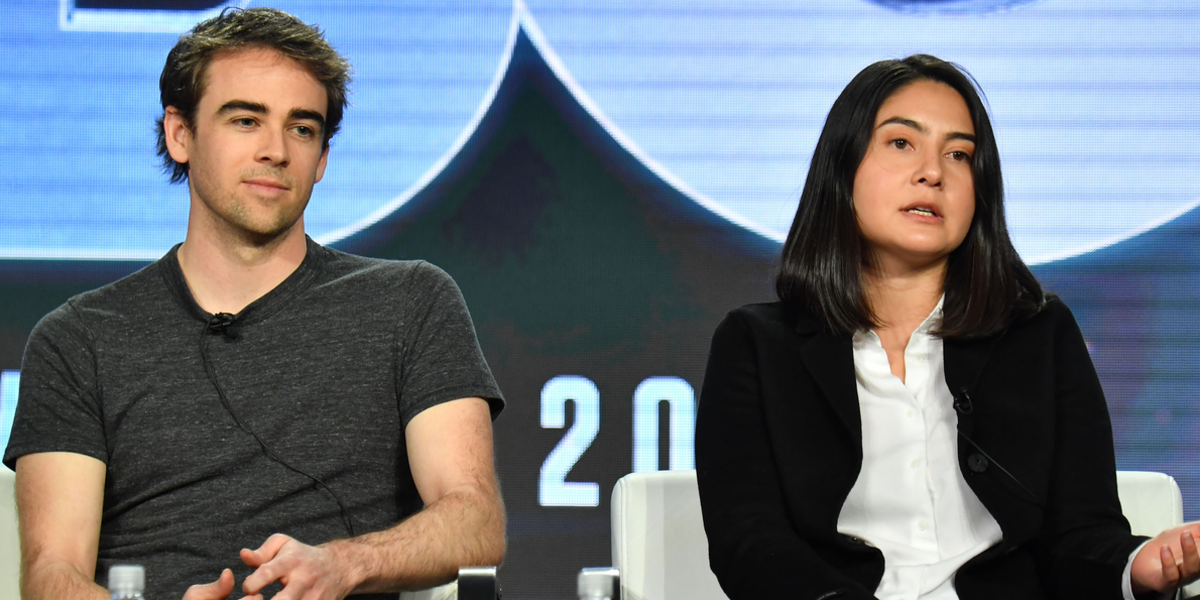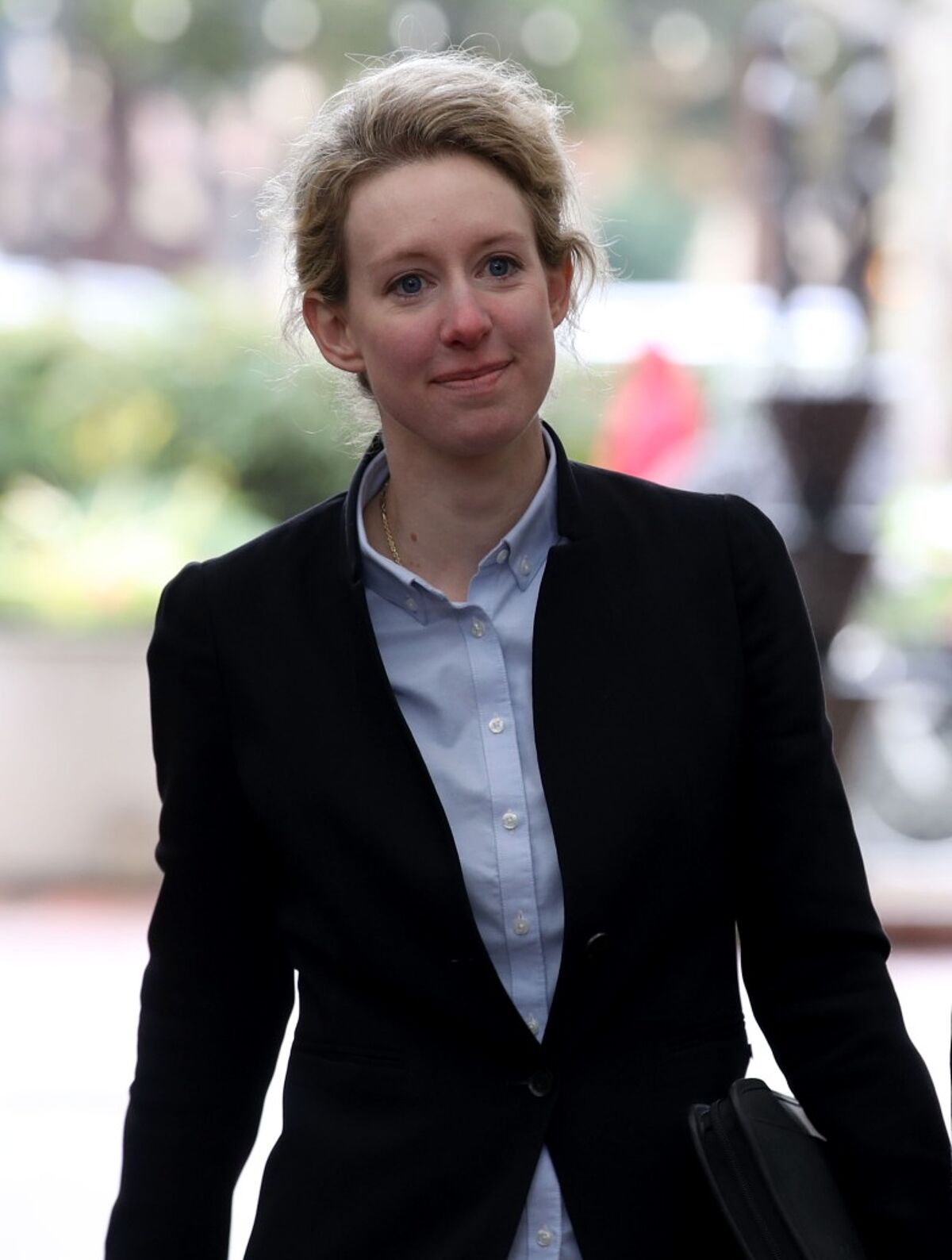Our blog series “The rise and fall of Theranos” follows an ambitious biotechnology founder, Elizabeth Holmes, on her mission to revolutionize medicine and healthcare. Over the course of a decade, Holmes built up the company, all the while promising a revolution in blood-based diagnostics. After an investigation by the Securities and Exchange Commission in 2018, the entire scheme collapsed and Holmes and one of the company’s executives, Ramesh “Sunny” Balwani, were charged with massive fraud.
In the penultimate installment, we will portray two whistleblowers who would become crucial witnesses in the proceedings against Theranos - Erika Cheung and Tyler Schultz. Both worked for Theranos between 2013 and 2014 and both soon came to realize that something deeply worrying was going on at their employer. Cheung’s and Schultz’s complaints set in motion a chain of events which ultimately culminated in the ongoing Theranos trial.
Theranos Part III: The whistleblowers
In 2015, the Wall Street Journal began publishing several hard-hitting pieces about the shoddy practices at Theranos, alleging that the company’s proprietary tests did not work as advertised. This series, written by John Carreyrou, would not have been possible without the input of two whistleblowers who both felt that the general public needed to know what was going on at Theranos. The Wall Street Journal series, in turn, sparked interest from the U.S. Securities and Exchange Commission (SEC), which started investigating Theranos and eventually filed charges against Elizabeth Holmes and Sunny Balwani.
Erika Cheung
Erika Cheung began working for Theranos in 2013 as a lab employee. At that time, the company’s showcase project – the Edison blood test – was beset with problems, failing routine quality controls 25 to 50 percent of the time. As Cheung remembers, "You would have about the same luck flipping a coin on whether your results were right or wrong". Cheung alleges that in the absence of proper protocols and lab procedures results were simply cherry picked by employees and any outliers were deleted. Comparison of measurements taken by the Edison machine with standard diagnostic equipment on the market exposed its drastic shortcomings. For a standard vitamin D test, the levels measured by Edison were around three times higher than those measured using state-of-the-art industry devices. And while you could run a sample several times on any industry device and get the same results, the reproducibility of Edison was poor to non-existent.
Cheung was immensely concerned about these issues and their potential impact on the results patients would receive. She raised her concerns with Sunny Balwani, the company’s chief operation officer, but her complaints were only met with irritation and dismissal. Not knowing how to voice her concerns more effectively, she started sharing some of the data with a lab colleague named Tyler Schultz. Schultz, the son of Theranos board member George Schultz, had also become disillusioned by what he saw as a lack of ethical standards within the company, and he finally took matters into his own hands by emailing a detailed complaint to Elizabeth Holmes.

In 2014, Erika Cheung left Theranos and began talking to a reporter from the Wall Street Journal. One day, she noticed a black SUV outside her new workplace. As she left the building, a man emerged from the SUV and delivered a letter from Theranos’ lawyers, warning Cheung against sharing trade secrets or defaming either Theranos or Elizabeth Holmes.
Tyler Schultz
Tyler Schultz’ grandfather and former Secretary of State, George Schultz, was a Theranos board member and Tyler Schultz had met Holmes for the first time back in 2011 at his grandfather’s house. At that time, Schultz was studying at the University of California, Berkley, and he became fascinated by Holmes and her promise to revolutionize blood testing. He interned at the company for a summer and was then hired as a full-time lab technician.
Soon, Schultz had a first-hand chance to see the inside of an Edison machine. To his surprise, it didn’t look special at all, just a pipette attached to a robotic arm. Once he started working with it, he discovered like Erika Cheung before him that Edison would provide inconsistent results. In one notable case, Schultz and his colleagues tested 247 blood samples, 66 of which were positive for the bacterium Treponema pallidum, the causative agent of syphilis. In a first test, Edison only picked up 65% of the positive samples correctly. When they re-ran the test, it detected 80% of the syphilis samples. To Schultz’s surprise, the official validation report stated that Edison had achieved a 95% sensitivity on the syphilis samples.
When Schultz met with Holmes to raise his concerns about the syphilis test and the lack of precision of Edison in general, she pretended to be surprised that the company reported inaccurate validation data on its website. She then sent a high-level employee who tried to convince Schultz that his calculations had simply been wrong.

Schultz began to worry about the possible fallout and decided to contact his grandfather to relay his concerns. George Schultz however, urged Tyler not to quit and suggested that he again email Holmes with his concerns. Tyler Schultz did so, but only received a condescending response from Sunny Balwani a few days later. Frustrated, Schultz quit his job at Theranos. As he was getting into his car, he received a call from his mother who relayed a message from his grandfather: “If you insist on carrying out your vendetta against her, you will lose”.
While Tyler Schultz’s actions put a massive strain on the relationship with his grandfather, his insights would eventually prove invaluable for John Carreyrou when writing his series on Theranos for the Wall Street Journal.
Holmes On Trial
By 2016, things started to look bleak for Theranos and its founder. The company was hit with several lawsuits and Holmes was banned from operating a blood-testing lab for two years. By 2017, Theranos had laid off more than 40% of its workforce.
In 2018, the SEC stepped forward and indicted Elizabeth Holmes and Sunny Balwani on charges of wire fraud and conspiracy to commit wire fraud. Then, in September of that year, Theranos dissolved. Holmes’ trial began at the end of August 2021 and Balwani’s trial is set for 2022. Both face a maximum sentence of 20 years in prison.
The Holmes court case is one of the more publicized cases in recent memory. So far, Holmes’ defense has been to defer all blame on Sunny Balwani and several other former Theranos employees. Our final installment will focus on the court proceedings to date.

